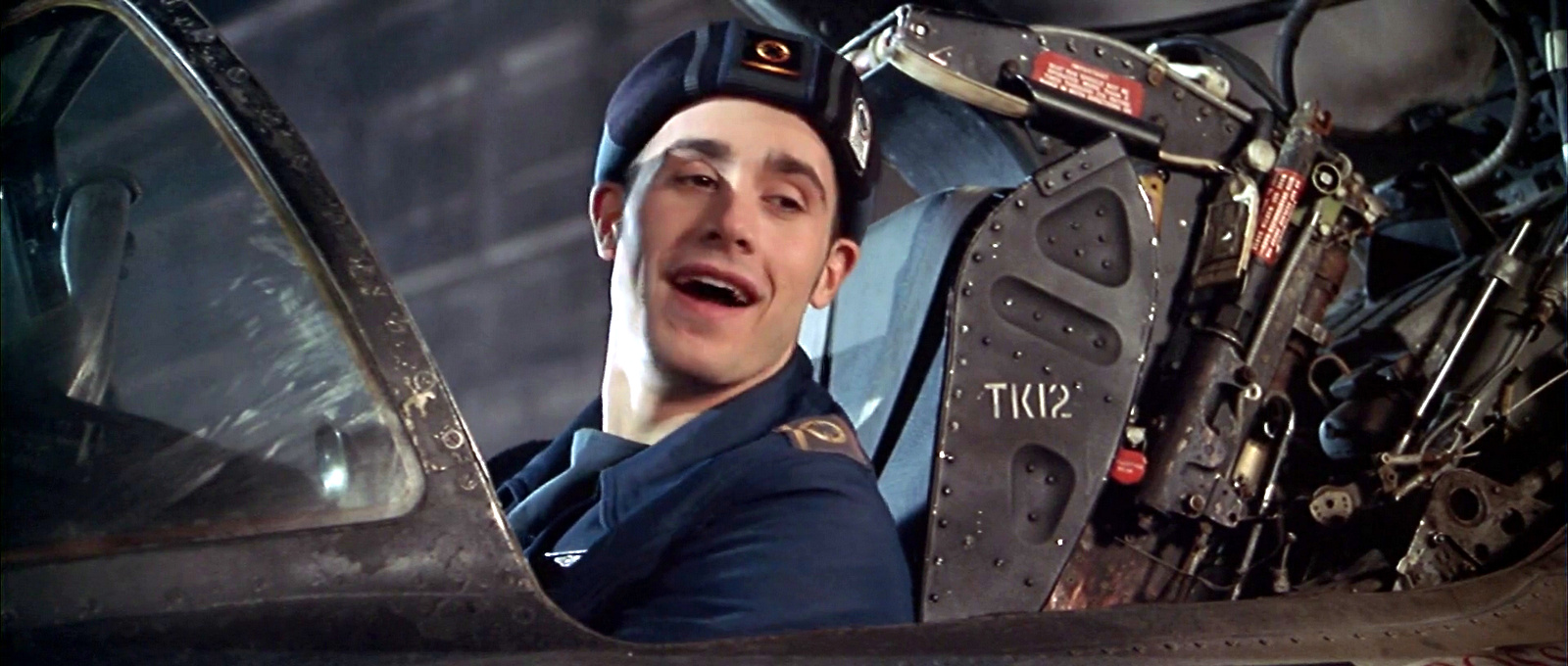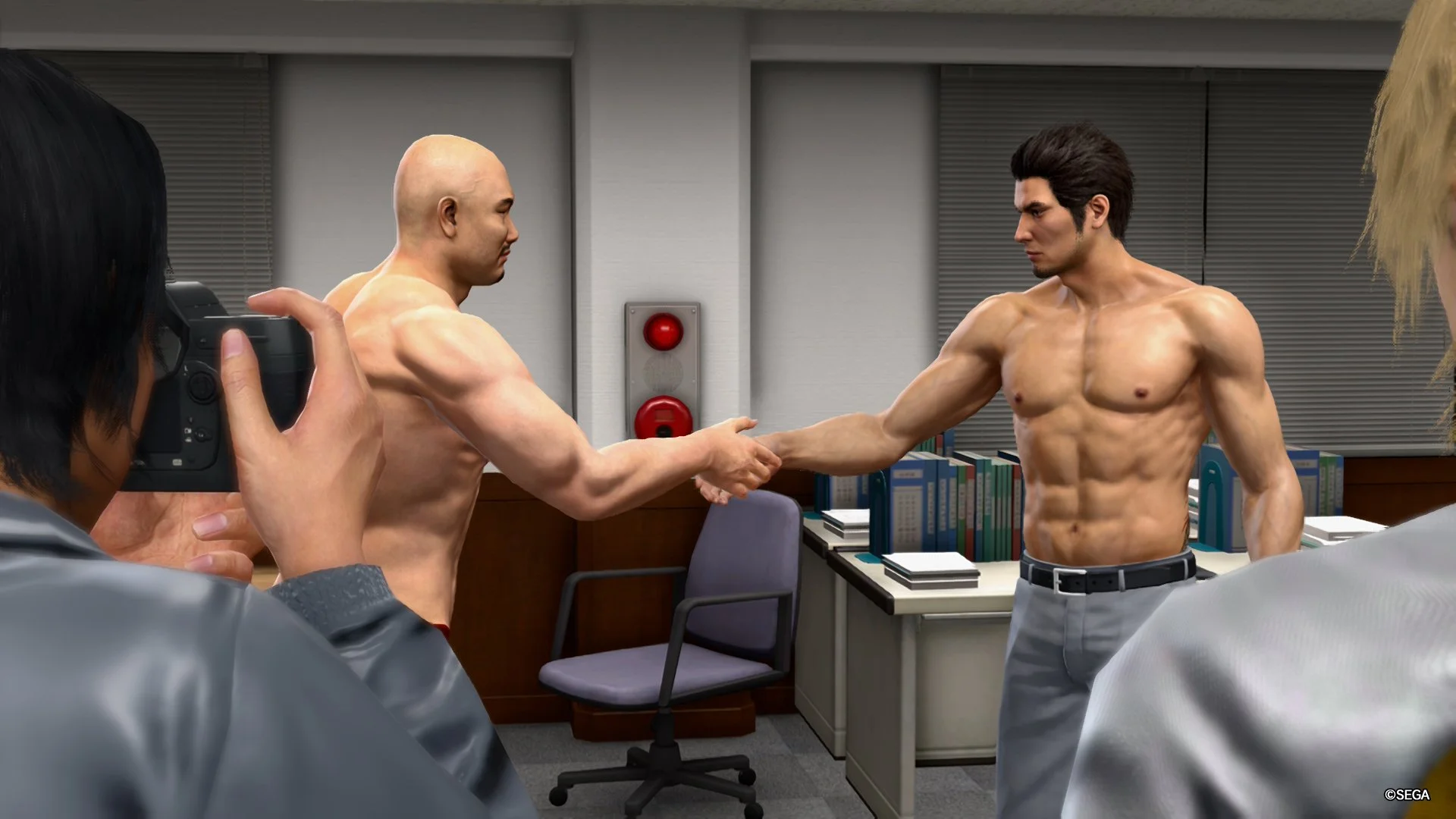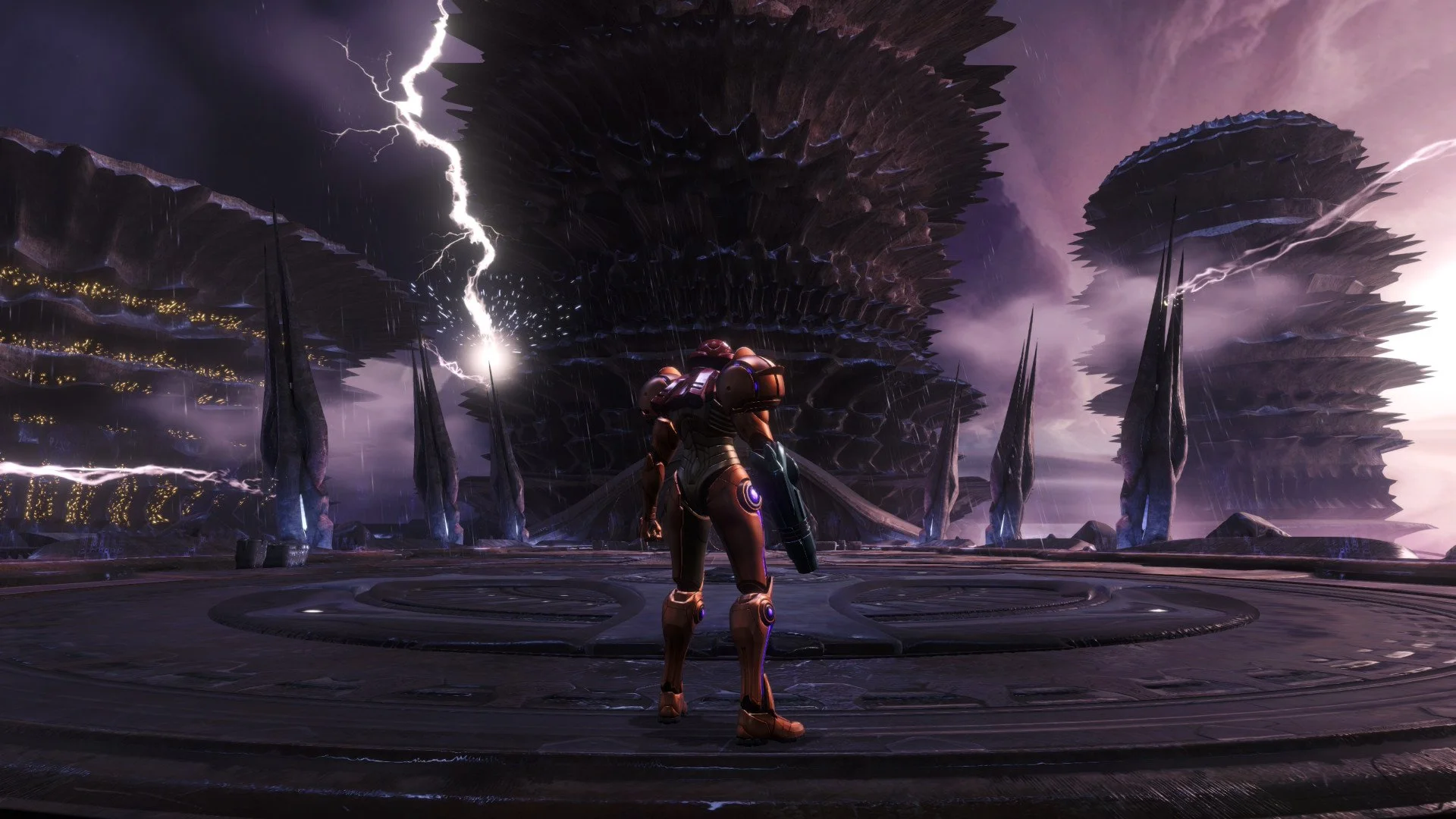Troubled Development of Star Citizen Is Crowdfunding's Biggest WTF
/Star Citizen has been in development for over eight years and as far as some are concerned, may have no end in sight. But according to a detailed Forbes report from earlier this week, one of the many reasons behind that is a mix of “chaotic” leadership practices and mismanagement of funds.
In development since 2011, Star Citizen was originally planned for launch in 2014, but has been repeatedly delayed to the point that developer Cloud Imperium Games has ceased promising a fixed release date. Based on playable alpha modes and footage, it still seems a long way off. Not one of the promised "100 star systems" has been finished so far.
While this wouldn’t ordinarily be cause for concern within the confines of most privately developed video games, Star Citizen is a crowdfunded project that has promises to fulfill to its backers, who raised a total of $242 million for the game. And for the most part, the reasons behind the prolonged development (and its constant pursuit of additional funds) can’t be chalked up to a single issue.
But according to the Forbes report by Matt Perez and Nathan Vardi, the bucks stop with Chris Roberts, who founded Cloud Imperium and serves as Star Citizen’s director. Roberts earned fame and legend back in the 90s as the mastermind behind the Wing Commander series of space shooters, which are credited with popularizing cinematic storytelling in PC games.
Mark Hamill, Gillian Anderson and Gary Oldman are a few of the big-ticket Hollywood names that Cloud Imperium Games paid to star in Star Citizen ‘s single-player campaign.
Speaking to 20 former employees of Cloud Imperium, the Forbes report paints a picture of Roberts as a "micromanager and poor steward of resources" in a "chaotic" work environment. And with 547 employees across five offices worldwide, the company is burning through about $30 million on annual salaries. As a result, of the $288 million raised only $14 million remained in the bank by 2017.
To keep the money coming in, Cloud Imperium continues to sell in-game digital spaceships for as much as $3,000 per ship. Of the 135 total models, 87 of them have been completed in the rough playable alpha. “The game they promised us can’t even barely run. The performance is terrible and it’s still in an ‘Alpha’ state,” complained one backer. “I want out. They lied to us.”
The Forbes report features stories of Roberts directing employees in inefficient ways, fussing over tiny or unimportant details at the expense of key elements. One senior graphics engineer spent months working on the visual effects of ship shields. A character artist finished creating five characters in the span of 17 months due to approvals constantly being reversed before quitting in 2015.
“As the money rolled in, what I consider to be some of [Roberts’] old bad habits popped up—not being super-focused,” says Mark Day, whose company was contracted to work on the game in 2013 and 2014. “It had got out of hand, in my opinion. The promises being made—call it feature creep, call it whatever it is—now we can do this, now we can do that. I was shocked.”
The Forbes report also mentioned 129 complaints filed with the FTC by backers concerning Cloud Imperium, which involve refund requests up to $24,000. For while Roberts might promise a game of great scale and epic scope in Star Citizen, there is a genuine belief from people who have worked on the game and people who have backed it that if it ever arrives it won’t be worth the money they ponied up for it.















Clair Obscur: Expedition 33 dominates The Game Awards 2025 with nine wins including GOTY. Here’s the complete list of winners and standout surprises.